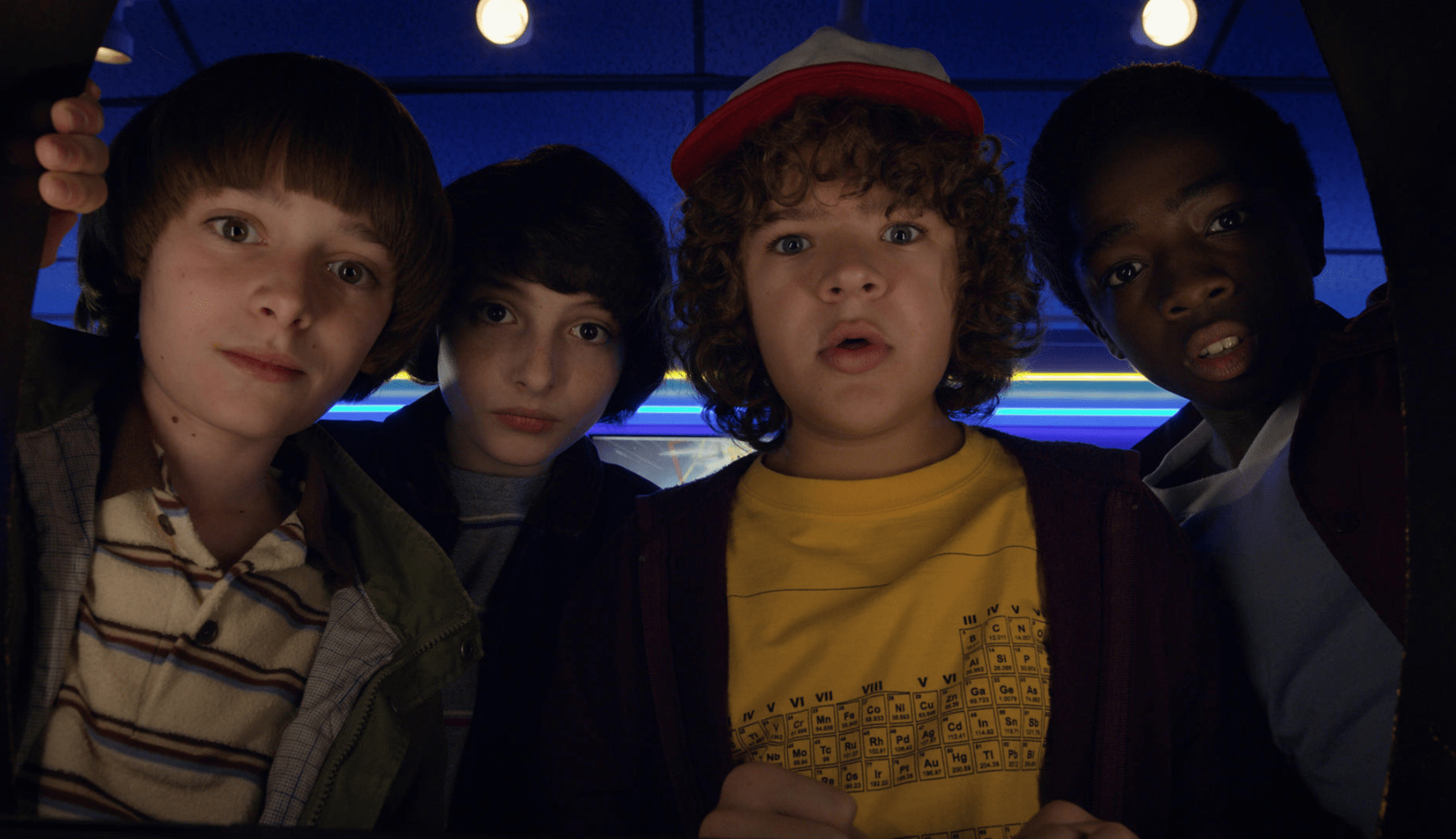
Editor’s Note: This piece contains some spoilers for the series “Stranger Things.”
Since its first season three years ago, Stranger Things has enthralled Netflix viewers with its complex storyline full of mystery, wit, suspense, nostalgia and yes, even romance. Now on its third season, the show that challenged our perceptions of reality has grown darker than ever.
The series first captivated audiences’ attentions with its hometown portrayal of Hawkins, a place where nothing bad ever seems to happen—until a young boy goes missing and a little girl with no hair can control objects with her mind. As Will’s friends and family seek to find him, a wicked realm hidden below the surface of normal begins to unravel.
By season two, Will has been returned safely, but his connection to “the Upside Down” still torments him with painful visions and a chilling presence. As the demons of the other side threaten to break through our realm, one seeks refuge inside Will.
Christian audiences may balk at such talk of demons and darkness, but perhaps we should not consider this plot so far-fetched; Stranger Things could be viewed as merely a dramatized parable for the condition of our world plagued by sin. Sinister forces and a “Shadow Monster” are not totally fiction, and my neck prickles like Will’s at the chilling thought of a subversive army waging war under our very feet.
Rotten Pumpkins
In the series, the otherwise quiet town of Hawkins begins to see visible effects of the darkness spreading below; crops decay overnight, leaving behind a sticky residue and a stench that poisons the air. Sin leaves us with our own rotten pumpkins in the form of hatred, cruelty, injustice, adultery, greed… And they stink, too.
If you don’t think the Upside Down exists, you’re probably living in it.
When everything around us is corrupted, we don’t even notice the subtle differences of a world that is “just like ours, only darker, colder.” The Upside Down is murky, disgusting and infectious, but it’s also vaguely familiar. A worldview corrupted by Satan has the same effect, fooling us into accepting a new but tainted normal for this world God created and first declared good.
Like the farmers who lamented their ruined harvests, we too mourn over the consequences of sin. As rotten crops pop up all around us, it is easy to feel lost in hopelessness. So, we misplace the blame on the things we can see, and if we’re not careful, we begin to hate sinners more than the sin itself. All the while, it lurks under the surface and takes root, spreading and killing just like the Shadow Monster. And the longer we go without treating the source, the more visible it becomes here above. The stench and stickiness of sin pervades until it has left its mark on every living thing.
“…but your iniquities have made a separation between you and your God, and your sins have hidden his face from you so that he does not hear” (Isaiah 59:2).
The problem with tiptoeing around sin is that we widen the divide between us and God. He hates sin, but never does the Bible say he hates the sinner. In fact, quite the opposite: “…but God shows his love for us in that while we were still sinners, Christ died for us” (Romans 5:8). To battle the threatening force of sin, God gives us the only tool we need: Himself.
Inhabitable Hosts
Just as the Shadow Monster found a suitable home in Will’s body, sin manifests in us, too. It is a scary truth that the infection spreading below our feet also roots itself inside of us. We are the rotten pumpkins ourselves, perfect hosts for a darkness that will remain as long as when we continue to give it what it wants.
To rid ourselves of the sin inside, we can take a cue from the heroes of Hawkins, who discovered the only way to drive out an unwanted wicked guest is to make the host uninhabitable. In a climactic final scene, Will’s family uses the one thing darkness hates: light. A furious blaze of heat sends the Shadow Monster writhing in anguish as even its control is no match for the authority of such light.
This is the power of God’s word in us. Little by little, the Holy Spirit wounds sin; it breaks it down, weakens it, scorches it with its Truth. When we fill ourselves with God’s word, there is no space for sin anymore; the host’s cool and indifferent environment quickly becomes uninhabitably warm and enlightened. Sin is so unclean as to be disgusted by purity. It preys on the smallest shadows of darkness, but God’s word exposes those to blinding light.
“But if we walk in the light, as he is in the light, we have fellowship with one another, and the blood of Jesus his Son cleanses us from all sin. If we say we have no sin, we deceive ourselves, and the truth is not in us. If we confess our sins, he is faithful and just to forgive us our sins and to cleanse us from all unrighteousness” (1 John 1:7-9).
Jesus already conquered sin on the Cross, but until He comes again, we must live in this world that grows stranger every day. The rotten fruits of evil point to a deeper poison at the root—an infection for which we already have a cure. The burn of Truth in us casts out Shadow Monsters, but it also reminds us to guard ourselves from the invisible darkness that lurks below. Perhaps Stranger Things is a dramatic allegory, or perhaps it is simply shifting our worldly perspective upside-down.






















